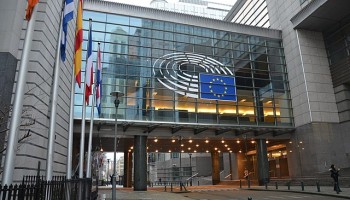The Integrity Authority found that over the course of five years, two consortiums led by Káta-Mill Plusz Kft and Halker Kft, respectively, “stole HUF 10.2 billion ($27.8 million) from the poor,” according to an investigation the watchdog conducted.
The latter was found to have overcharged by around 70 percent, netting $20 million in the process, it said.
The report cited sugar as one of the products for which programs run by the Social and Child Protection Directorate was overcharged. In 2022, the Directorate was purchasing sugar for $2.83 per kilogram, almost four times the market value at the time.
Commenting on the outcome of the investigation, IA President Ferenc Biró stated that “the case is a fine example [of] how the abuse of power and corruption harm the most vulnerable social strata.”
The programs were part of the Operative Program for the Support of Needy Persons and were 85 percent funded by the European Union.
The IA was established in 2022 following pressure from the EU on Hungary, which included withholding billions of Euros worth of funds, to improve transparency measures. This followed years of mismanagement and graft by the Hungarian government under Prime Minister Viktor Orbán.
A 2022 report by the Corruption Research Centre Budapest showed that only 42 politically connected firms had won 21 percent of the value of EU-funded contracts since Orbán came to power in 2010.






